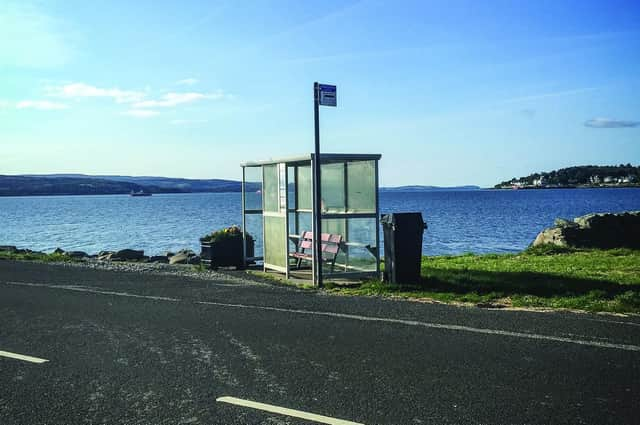Project tackles alcohol problems in rural Scotland


Rural Matters is an 18-month project run by Scottish Health Action on Alcohol Problems (SHAAP), which was established in 2006 by the Scottish Medical Royal Colleges and is based within the Royal College of Physicians of Edinburgh.
It aims to tackle the public health issue of alcohol-related harm to improve the health and wellbeing of people in Scotland through a range of evidence-based approaches.
Through a series of surveys and community consultations, a variety of stakeholders and individuals with lived experience have given the Rural Matters team their thoughts on the unique challenges posed to those living in rural Scotland facing alcohol-related problems in communities with a population of 3,000 people or less.
Issues raised by the project include battling stigma, social isolation and lack of access to services. But the consultation period, which ran from June to September, also highlighted a number of positives.
Although retaining staff is often more difficult than in urban locations, those medical and support staff working to help those with alcohol problems were praised highly for their dedication.
Alcohol and drug partnerships and third-sector organisations were also shown to be working in innovative ways, ensuring that those in recovery are able to maintain contact and access to treatment.
These include covering transport costs and phone payments, creating recovery cafés for socialising with others in recovery, providing safe places and activities, as well as carrying out youth work programmes.
The project, now in its ninth month, began with a series of consultations, in Edinburgh, Aberdeen, Glasgow, Huntly and Inverness, with a range of medical professionals, staff and volunteers working in rural areas as well as individuals with lived experience of alcohol problems.
A key issue raised was the ability to find and retain staff, with some healthcare providers having no colleagues to support them. For example, with a small population, there may only be one GP in a single practice.
“People feel like there is a stereotype of people living in a small town having a tight-knit community with strong social support, but that is sometimes not the case,” says Jackie MacDiarmid, research and projects officer at SHAAP, who has been running the project. “If you don’t have access to a vehicle, then it can be quite isolating.
“A lot of people feel they have to go elsewhere outside of their small communities [for treatment and access to services], so that they can actually be anonymous and won’t run into a situation where the person running the service is their neighbour or friend.
“As soon as we started talking about that, the number one thing that people referenced was the issue of transportation, both in terms of cost and availability.”
She points to Scottish Government figures which show that rural Scotland accounts for some 98 per cent of the country’s land mass, yet only 17 per cent of the population lives there.
The countryside population was also shown to have grown faster than the rest of Scotland over the last five years.
Nevertheless, there is less widely available information on the impact of drinking in rural locations, with most research and funding going into urban areas, according to MacDiarmid.
Consultations have now concluded and the next phase of the Rural Matters project will be a series of qualitative interviews and focus groups, culminating in a report which is due to be published next summer.
MacDiarmid adds: “As far as SHAAP is concerned, we were really interested in moving into a project that is focused on rural Scotland, because we have largely been working in the Central Belt up until this point.
“In terms of research regarding alcohol problems, in Scotland and elsewhere, there is a lot more information on urban centres than there is for rural centres. We want to fill that research gap and hope it will affect policy and practice.”
MacDiarmid will present the project’s findings thus far at the Remote & Rural Conference 2019 – Creating a Community of Care event, which will be presented by The Royal College of Physicians of Edinburgh (RCPE) and the Scottish Rural Health Partnership, and takes place on Tuesday, 12 November in Inverness.
To find out more about SHAAP’s Rural Matters project, contact Jackie MacDiarmid at [email protected]
For more information visit http://shaap.org.uk